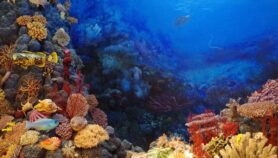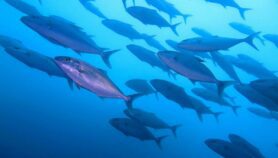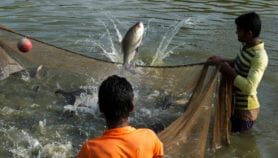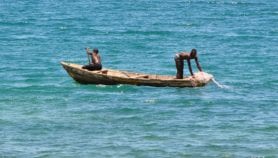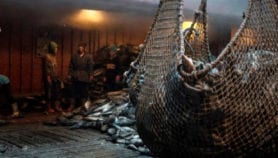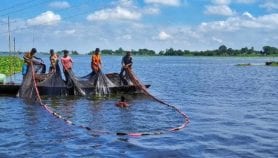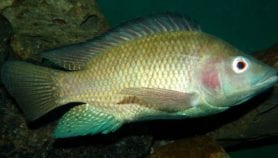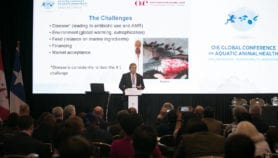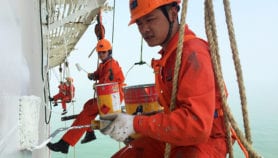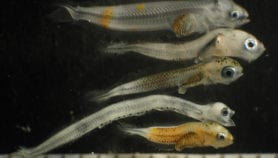By: James Njoroge
Send to a friend
The details you provide on this page will not be used to send unsolicited email, and will not be sold to a 3rd party. See privacy policy.
An Indian scientist has won the 2005 World Food Prize for his efforts to introduce fish farming to poor communities across Asia and parts of Africa
Modadugu V. Gupta, who recently retired from the Malaysia–based WorldFish Centre, spent more than 30 years researching ways of making fish farming a sustainable contributor to rural livelihoods.
Announcing the US$250,000 award on 13 June, Kenneth Quinn, president of the World Food Prize Foundation, said that thanks to Gupta’s efforts, more than one million Asian farmers had improved their family’s nutrition and wellbeing.
Fish farming — also called aquaculture — involves rearing fish and other aquatic animals in ponds until they are large enough to harvest. The practice took off in the 1970s and was heralded as a ‘Blue Revolution’ able to reduce pressure on wild fish stocks while improving livelihoods and nutrition.
Critics say creating coastal ponds to farm marine species has caused widespread destruction of ecosystems such as mangrove forests, and that farm inputs like pesticides have led to pollution (see ‘Plenty more fish in the sea?‘).
Some marine species such as tiger prawns are farmed in developing countries almost entirely for consumption in the West and profits from their sale tend not to reach poor coastal communities.
But Gupta focused on making it possible for poor farmers to raise fish in freshwater ponds with a minimum of inputs. He showed how farm waste such as weeds or grass could be used in place of costly fish feed and encouraged farmers to alternate agriculture and fish farming on seasonally flooded land.
According to Quinn, Gupta’s efforts brought “the Blue Revolution to those most in need” and led to freshwater fish production increasing by 3-5 times in some developing countries.
Gupta said the prize recognised the potential for fish farming to contribute to the food and nutritional security of the poor in developing countries, where millions of people rely on fish as their main source of protein.
Kevin Fitzsimmons, former president of the World Aquaculture Society, said most aquaculture is much more sustainable than raising livestock.
He acknowledged that salmon cage farms have contributed to local pollution but said the industry was working to rectify this by improving fish feed and relocating salmon cages to areas less likely to be affected.
Nobel Peace Prize laureate Norman Borlaug set up the World Food Prize in 1986. Each year, it honours individuals who have made “vital contributions to improving the quality, quantity, or availability of food throughout the world”.
The WorldFish Centre is a member of the Consultative Group of International Agricultural Research (CGIAR) and is co-sponsored by the World Bank.
Ian Johnson, chair of CGIAR and World Bank vice-president for sustainable development said, “Gupta’s remarkable research achievements demonstrate how science-based solutions can benefit poor people”.



